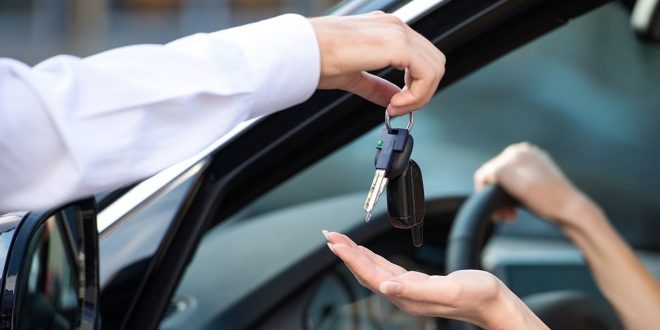Critical differences in ownership, financial commitment, and flexibility arise in the long-standing debate of whether to lease or buy a car. This article will outline the key benefits and considerations between leasing and buying a car.
What is the difference between leasing and buying a car?
The key differences between buying and leasing a car are ownership, financial commitment, and flexibility.
- Ownership: When you buy a car, you own it outright. Ownership means you can do whatever you want with it, such as sell it, trade it in, or modify it. When you lease a car, you don’t own it. You’re simply renting it from the dealership for some time.
- Financial commitment: Buying a car requires a larger upfront payment than leasing a car. This is because you’re paying for the entire cost of the vehicle. Leasing a car requires a smaller upfront fee, but you’ll have monthly payments for the duration of the lease.
- Flexibility: Buying a car gives you more flexibility than leasing a vehicle. You can sell it or trade it whenever you want. You can also modify it however you want. With a lease, you’re locked into a contract for some time. You can’t sell the car or trade it in without paying a penalty. You also can’t modify the car without the dealership’s permission.
Should I lease a car?
Short-term car leasing refers to the temporary agreement between a leasing company and an individual or business to use a vehicle for a brief period, for example a 12 month car lease, in exchange for payment.
What are the advantages of leasing a car?
- Lower monthly payments: Lease payments are typically lower than car loan payments. You only pay for the car’s depreciation, not the entire vehicle cost.
- Short-term agreements: Leases generally are shorter than car loans. This means that you can get out of your lease if you need to, without paying a penalty.
- No hefty fees at the end of the lease: When you lease a car, there are no significant fees at the end of the lease. You return the vehicle to the dealer and walk away.
- Minimal maintenance costs: Lease cars typically come with free maintenance for the duration of the lease. This can save you a lot of money on maintenance and repairs.
What are the considerations for leasing a car?
- You don’t own the car: When you lease a vehicle, you don’t own it. This means that you can’t sell it or trade it in.
- Mileage restrictions: Leases typically come with mileage restrictions. You will have to pay a penalty if you exceed the mileage limit.
- Early termination fees: If you want to leave your lease early, you must pay an early termination fee.
- Wear and tear charges: When you return the car at the end of the lease, you will be charged for any excessive wear and tear.
Should I buy a car?
Buying a car means owning it outright if you paid cash or building equity in it as you pay off a car loan. You’ll have total control over your expenses and can service or repair it according to your needs. You’ll be free to drive as much as you like, modify your car, and dispose of it on your terms.
What are the advantages of buying a car?
- Ownership: When you buy a car, you own it outright. You can modify, sell, or pass it on to family members.
- Control: You have complete control over your vehicle, including how you use and maintain it.
- No mileage restrictions: You can drive as many miles as you want without worrying about additional charges.
- Potential tax deductions: You may be able to cover certain costs related to your car, such as depreciation and maintenance if you use it for business purposes.
What are the considerations of buying a car?
- Higher upfront cost: Buying a car requires a larger upfront payment than leasing.
- Depreciation: Cars lose value over time, which means you may not get back the total amount you paid for it when you sell it.
- Maintenance and repairs: You are responsible for all maintenance and repairs on your car, which can be costly.
- Risk of ownership: You are responsible for the car’s condition and any accidents that may occur while you own it.
What factors should be considered when deciding between leasing and buying a car?
Here are four factors to consider when deciding between leasing and buying a car:
Budget: Leasing typically requires a lower upfront payment than buying, but the monthly payments are usually higher. You’ll also need to factor in insurance, maintenance, and repair costs.
Lifestyle: Buying is better if you drive many miles or plan to keep the car for a long time. Leasing is a good option if you want a new car every few years or want to avoid dealing with the hassle of selling a car.
Credit score: If you have a good credit score, you’ll be able to qualify for a lower interest rate on a car loan, which will make buying a car more affordable.
Requirements: If you need a car for work or other purposes, you can deduct the cost of leasing or buying a vehicle from your taxes.
Ultimately, the best way to decide whether to lease or buy a car is to compare the costs and benefits and determine the right one.
